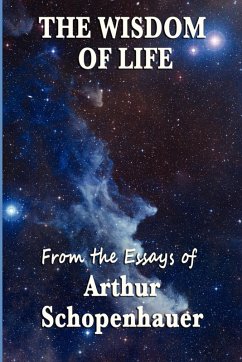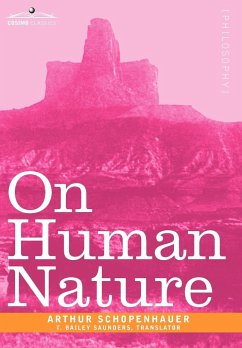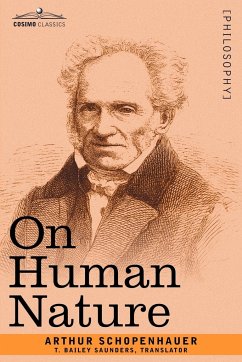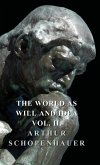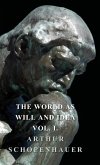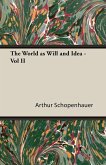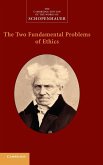A disciple of Kant and a significant factor in shaping Nietzsche's thinking, Arthur Schopenhauer worked from the foundation that all knowledge derives from our experience of the world, but that our experience is necessarily subjective and formed by our own intellect and biases: reality, therefore, is but an extension of our own will. In this essay, translated by THOMAS BAILEY SAUNDERS (1860-1928) and first published in English in the 1890s, Schopenhauer explores concepts of what internal driving forces and external interpersonal dynamics contribute to the individual's happiness, from our own personalities to our wealth and social standing. The datedness of some of Schopenhauer's ideas-including a decidedly prefeminist interpretation of women's choices and a connection between fame and reputation that is no longer always active in our celebrity culture-only serve to highlight the philopher's basic assumption of human life: that it is characterized chiefly by misery. Students of philosophy and of 19th-century intellectualism will find this a fascinating read.
Hinweis: Dieser Artikel kann nur an eine deutsche Lieferadresse ausgeliefert werden.
Hinweis: Dieser Artikel kann nur an eine deutsche Lieferadresse ausgeliefert werden.


